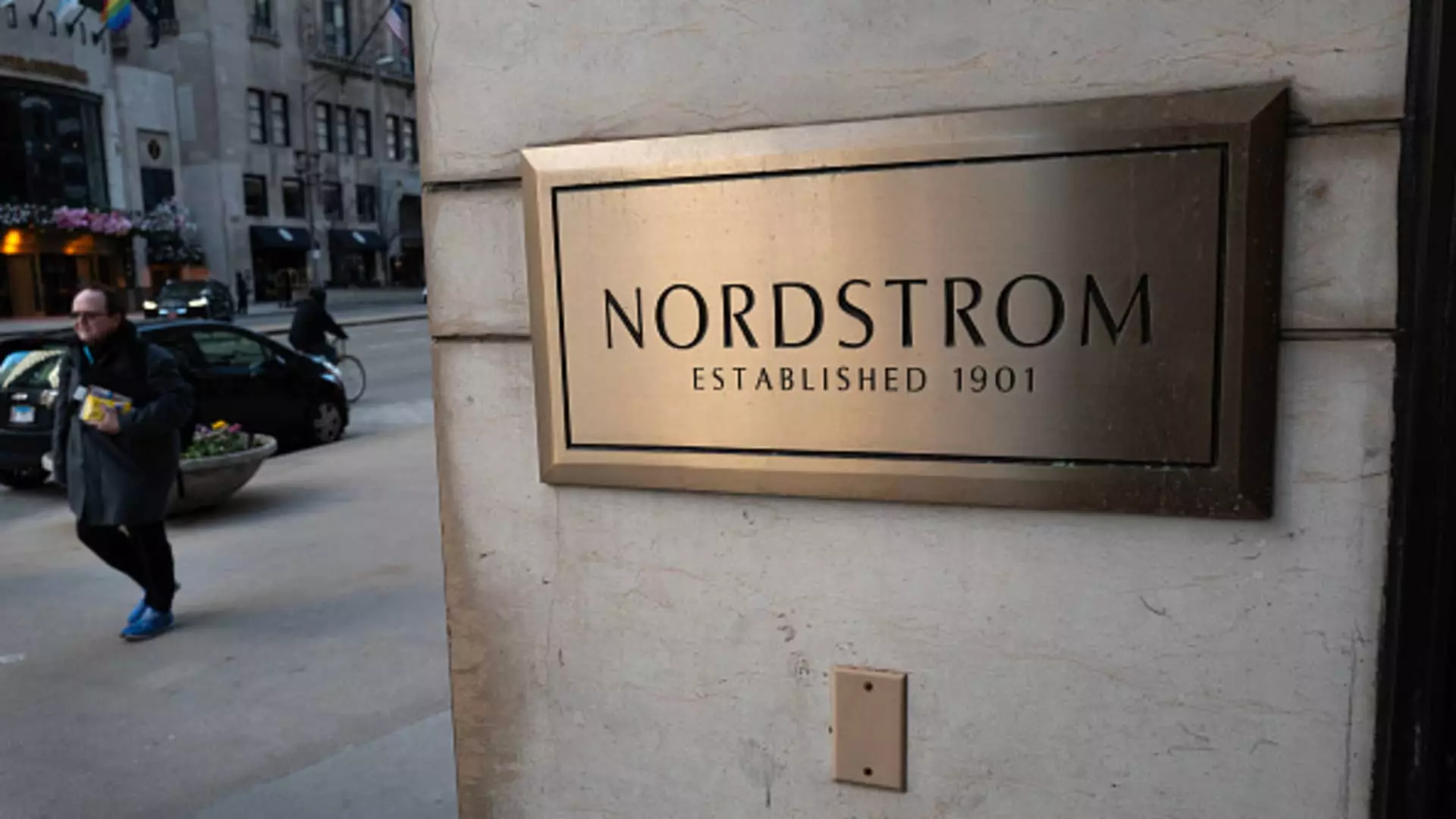In a significant move within the retail sector, Nordstrom has revealed plans to transition into a private entity following the confirmation of a $6.25 billion buyout by its founding family, the Nordstroms, alongside Mexico’s prominent department store operator, El Puerto de Liverpool. This decisive action, approved unanimously by the company’s board of directors, is projected to finalize in the first half of 2025. Under the new ownership structure, the Nordstrom family will retain a majority control of 50.1%, while Liverpool will hold 49.9%. In addition, current shareholders will receive $24.25 per share in cash, ensuring an immediate return on their investment.
CEO Erik Nordstrom pointedly remarked on the potential this deal holds for the brand’s evolution. With over a century in the retail industry, Nordstrom has established its dedication to customer satisfaction and quality service. Transitioning into private ownership provides the company with the necessary flexibility and strategic autonomy to adapt to an ever-changing market landscape. This new chapter suggests an opportunity for Nordstrom to innovate and revitalize its operations beyond the public eye, insulating it from the volatility and demands of shareholders in the public domain.
Interestingly, this isn’t Nordstrom’s first attempt at becoming a private firm. A previous initiative back in 2018 saw similar aspirations fizzle due to challenges in negotiation and market conditions. The recent proposal from the Nordstrom family, which began with an offer of $23 per share valuing the company at approximately $3.76 billion, reflects a sustained interest in this direction motivated by both opportunity and necessity within a challenging retail environment. Shareholder responses have fluctuated, with stock prices witnessing a minor downturn of 1% early in the trading day following this announcement.
The decision to privatize comes in light of broader economic trends affecting luxury retailers. Recent reports indicate that consumer purchasing behavior has shifted, with shoppers increasingly conscientious about their spending habits. Major retailers like Walmart and Best Buy have observed a trend where customers are prioritizing essential goods over luxury items. This backdrop of fluctuating consumer sentiment could have pressured Nordstrom’s previous public standing, making private ownership a more favorable avenue for recovery and re-strategizing within a demanding retail landscape.
El Puerto de Liverpool’s involvement is noteworthy, given its extensive network of department stores and shopping centers across Mexico. This partnership could provide Nordstrom with valuable insights and strategies for capturing market share within broader demographics and fostering growth. The combination of both companies may spur innovative retail practices, leveraging Liverpool’s existing infrastructure while combining it with the Nordstrom ethos of quality service and customer immersion.
Nordstrom’s move to become a private entity signifies more than just a buyout; it represents a pivotal moment of potential reinvention in a rapidly evolving market. The collaboration with El Puerto de Liverpool could pave the way for robust strategic initiatives, positioning Nordstrom to navigate economic challenges while continuing its legacy of premium retail service.

